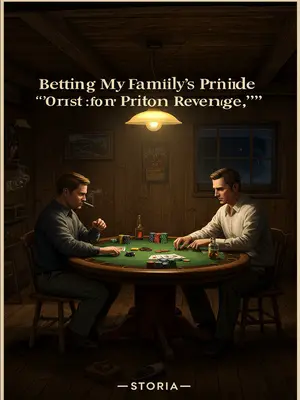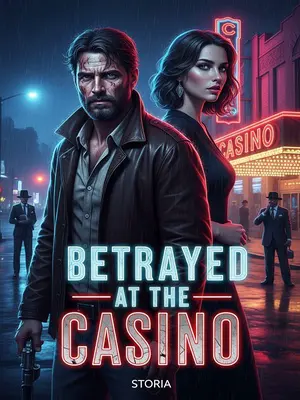Chapter 6: Smoke and Mirrors
He smiled to himself, knowing he’d pulled off something special. The real magic was in the details.
Suddenly, everyone wanted a piece. The phones rang off the hook, and Jonah played hard to get.
He leaned back in his chair, savoring the moment. The pieces were in place.
He scanned the headlines, waiting for the perfect mark to come along.
He wanted someone with money, influence, and just enough ego to overlook the details.
He made a list, crossing off anyone who’d spent more than a year on Wall Street.
Most people didn’t know a shell company from a seashell. That was Jonah’s edge.
He needed someone desperate—hungry enough to jump at the chance.
He watched the news, scanning for potential targets. Then, there he was.
Jonah smirked, recognizing the signs—confidence masking confusion, a willingness to believe anything that sounded good.
He was old money—respected, but a little out of touch. Jonah saw opportunity.
The project was stalled, the money wasn’t coming, and the pressure was on. Jonah moved fast.
He sent a polite email, followed up with a call, and soon found himself in Mahoney’s office, sipping tea and talking business.
He worked the phones, planting stories in the right places. By the time he met Mahoney, the groundwork was already laid.
It was a half-truth, but that was enough. In the world of finance, perception was everything.
He dropped names, hinted at secret deals, and let Mahoney fill in the blanks.
Desperation made people gullible. Mahoney was no exception.
He played it cool—never too eager, always just out of reach. Mahoney hung on every word.
He let the implication hang in the air, never quite saying what he meant. It was the art of the deal, Jonah-style.
He was both the seller and the broker, but Mahoney never saw it coming.
He signed the papers, cut the check, and toasted to their future. Jonah smiled, already planning his next move.
The headlines were glowing, the press releases full of praise. Jonah watched from the sidelines, pocketing the cash.
He wired the money offshore, cleaned up the paperwork, and disappeared before anyone could ask too many questions.
The calls went unanswered, the emails bounced back, and the truth finally dawned. By then, it was too late.
He left behind only rumors, whispers, and a trail of broken promises. The “Asian Gatsby” was gone, but his legend lived on.
He wanted to play on the same field—move billions, not just millions.
It sounded crazy, but that was Jonah’s specialty.
He studied their playbook, looking for ways to adapt it back home.
He drew up plans, made calls, and started pitching the idea to anyone who would listen.
He landed in New York with a suitcase full of cash and a head full of dreams. The city felt alive, buzzing with possibility.
He bought a penthouse overlooking Central Park, leased a fleet of exotic cars, and made sure his name was on every guest list. It was all about the optics.
He worked the room, charming everyone from junior analysts to managing directors. His brother vouched for him, and soon, he was in.
They saw dollar signs, and Jonah made sure to play up the upside. It was a match made in heaven—or at least, in the boardrooms of lower Manhattan.
He leveraged their connections, their credibility, and their appetite for risk. The deals got bigger, the stakes higher.
He wanted to play kingmaker—not just for himself, but for a whole country.
It sounded like something out of a spy novel, but for Jonah, it was just another day at the office.
It was the kind of place most Americans had never heard of, but for Jonah, it was ground zero for his next big play.
Mizan was old-school royalty—regal, respected, and not easily impressed.
It was a system that baffled outsiders, but for Jonah, it was just another obstacle to navigate.
Winning over just one could open doors that would otherwise stay locked forever.
He studied the Sultan’s habits, his family, his interests—looking for any angle he could exploit.













